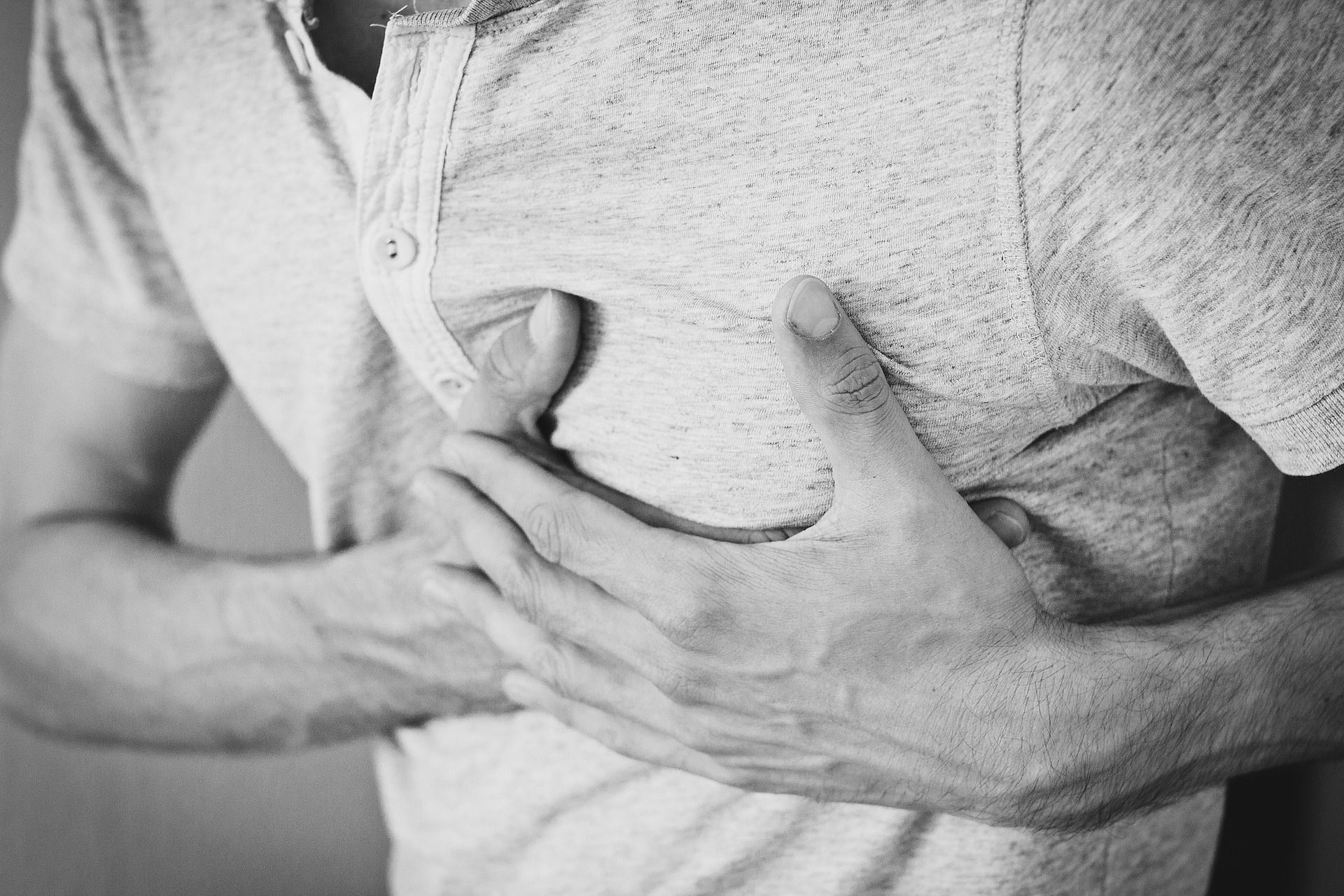How to Deal With Panic Attacks
Everyone experiences panic attacks in different ways so there is not a one-size-fits-all approach but here are some tips and tricks to try if you ever find yourself having a panic attack or witness someone else having one.

Panic attacks are intense and scary. If you or someone you love has panic attacks, it can feel overwhelming and if you don’t have the right information, you may not know how to deal with it in the best way. Everyone experiences panic attacks in different ways so there is not a one-size-fits-all approach but here are some tips and tricks to try if you ever find yourself having a panic attack or witness someone else having one.
What is a panic attack?
First of all, what is a panic attack? A panic attack is a fear response, it is your body’s normal response to a dangerous, stressful or exciting situation. Anyone can experience a panic attack but if a person experiences many panic attacks in a short space of time, they may be suffering from a panic disorder. Panic attacks can present in adults and children and around 13% of people will experience one in their lifetime.
Panic attacks can affect a person physically, emotionally, and mentally. They often happen unexpectedly and may last up to ten minutes and often feel like they are getting worse before it gets better. Just remember that if you or someone around you is experiencing a panic attack, they will probably feel scared and will need the space and time to overcome the panic they are feeling at that moment. During a panic attack, many people feel like they have lost control of their bodies and this can be a terrifying experience.
Signs and symptoms
There are many common symptoms that a person might experience when having a panic attack including a pounding or racing heart, sweating, trembling or shaking, nausea, feeling dizzy, or lightheaded or feeling disconnected from your mind, body, or surroundings (dissociation). Everyone who has a panic attack talks about the intense feeling of not being able to catch their breath and wanting to escape the situation.
Myths and facts
There are many things about panic attacks that are not true. The main myth is that panic attacks can harm you. A panic attack is not a heart attack and it cannot cause another serious or fatal complication. The chest pain that you experience during a panic attack is a result of muscle tension, which is part of your body’s natural fight-flight-freeze response. Another myth is that panic attacks will lead to fainting, this is also untrue. During a panic attack, your blood pressure increases, and fainting is caused by low blood pressure, so this is highly unlikely.
Some solid facts about panic attacks are that they will pass, they are temporary and your body reacting to a danger that isn’t necessarily there. There are many lifestyle factors including diet, exercise, and stress that can trigger panic attacks, so it is important to evaluate your lifestyle as a whole if you keep getting them. Panic attacks are often linked to other mood disorders such as Agoraphobia, Post-Traumatic Stress Disorder, Depression, Bipolar and Anxiety.
Why is this happening to me?
It’s completely normal to feel afraid of panic attacks but know that they will pass and there are ways you can get relief from them. The most beneficial way of coming out of a panic attack is to take some calming breaths. It can feel impossible to do this in the peak of a panic attack because your chest tightens and you convince yourself that you cannot get air in and out of your lungs, but you can. There is no obstruction, you just have to relax your shoulders and breathe deeply, in through your nose and out through your mouth as slowly and as controlled as you can. Deep breathing calms the nervous system and slows the heart rate, reducing the amount of adrenaline that floods your body when you have a panic attack.
Another way you can gain control of the situation is to recognize that you are having a panic attack. Ignore the negative thoughts and worst-case scenarios you are inventing in your head during the attack. Close your eyes and focus on your breathing and you will come out of it. Taking medication is another option if you suffer from panic attacks more often, but they may not stop your panic attacks from occurring and if you have an underlying mental condition, you should never be on them for long-term use. Speak with your doctor if you feel that they may help you manage your panic attacks. Counseling is a more favorable option that allows you to get to the root of your problem and find out what is causing you to have panic attacks.
How can you help someone else?
If someone you know or love is having a panic attack or suffers from panic attacks regularly, you should equip yourself with as much knowledge as you can find on how best to support them. Most of the time, people having panic attacks don’t want any form of help or intervention at the moment, they may just want your presence, a reassuring voice that will tell them everything will be okay, and someone to help coach them with their breathing. Have empathy and be kind towards anyone who is having a panic attack because they will often have feelings of embarrassment and shame, especially if they are having an attack in a public place.
Things to remember
Panic attacks are completely normal, but if you or your loved one are experiencing panic attacks regularly, an appointment with the doctor or a counselor should be made to explore what is triggering them. Panic attacks will not cause any harm to the person and you cannot become seriously ill or die simply from experiencing one. It’s also important to remember that panic attacks can be treated and managed with the right methods and this will be different for everyone. The world is a scary place and sometimes things happen that are outside of your control, so be kind to yourself and others and know that it will pass and everything will be okay.
